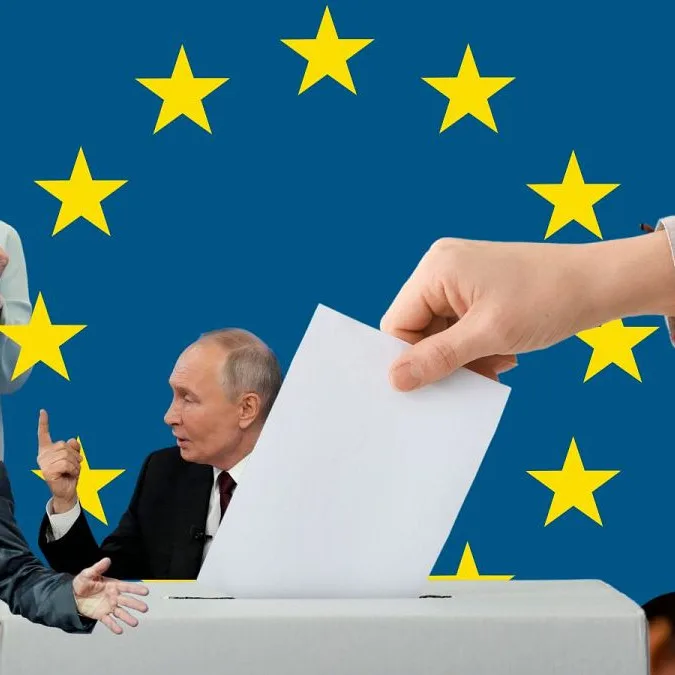As Germany braces for an election on Sunday, voters are set to cast their ballots in an atmosphere charged with heightened anxieties over immigration and the rise of far-right sentiments. The election is particularly significant for the Alternative for Germany (AfD) party, which has emerged as a key player in the political landscape, gaining traction fueled by concerns over immigration and social integration. Polling suggests that the AfD could secure about 20% of the vote, a substantial increase that highlights the shifting political sentiments in the country. The party, often described as far-right, has made immigration a central theme of its campaign, resonating with citizens worried about the increasing number of migrants entering Germany. ‘People feel their voices are not being heard, and we represent that dissatisfaction,’ said AfD leader Tino Chrupalla during a recent rally. The election’s atmosphere is contrasted by the growing demands for social cohesion and support for those migrating to Germany. Additionally, political observers have noted parallels between the rise of the AfD and populist movements around the globe, drawing comparisons to figures like Donald Trump and Elon Musk, who have voiced their support for similar right-wing ideologies. With long-standing political parties seeking to regain control of the narrative surrounding immigration, this election is set to be one of the most pivotal in Germany’s recent history. In the backdrop of economic challenges and the ongoing war in Ukraine, voters are faced with choices that will determine the future direction of German society. Many citizens are expressing their frustrations through their votes, suggesting a transformative shift in the political landscape. ‘This election is not just about candidates; it’s about the very future of our nation,’ said a concerned voter as they prepared to participate in the electoral process. The results are expected to not only impact domestic policies but could also reverberate throughout Europe, given Germany’s influence in EU politics.
German Voters Head to Polls Amid Rising Concerns Over Immigration













